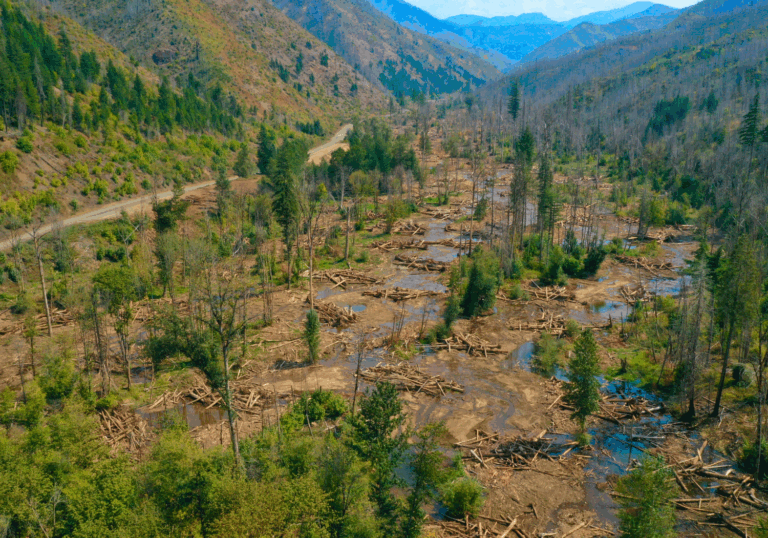
Partnerships at Work in the McKenzie Valley
The completion of restoration at Quartz Creek bolsters a growing network of efforts to protect water and wildlife across the McKenzie River watershed.
Enhancing fish and wildlife habitat
Protecting special lands is only part of the mission of the McKenzie River Trust. We also enhance and restore various habitat types within our service area. Some of these include upland prairies, like Cerro Gordo or Native Oaks Ridge. Other types of restoration include oak savanna, oak woodland, mixed bottomland oak woodland, upland conifer forest, and ash forest, to name a few.
We also protect and restore wetlands, wet prairies, and floodplains. We do all this to help protect and enhance the habitats our regional, and sometimes imperiled, wildlife relies upon for survival.
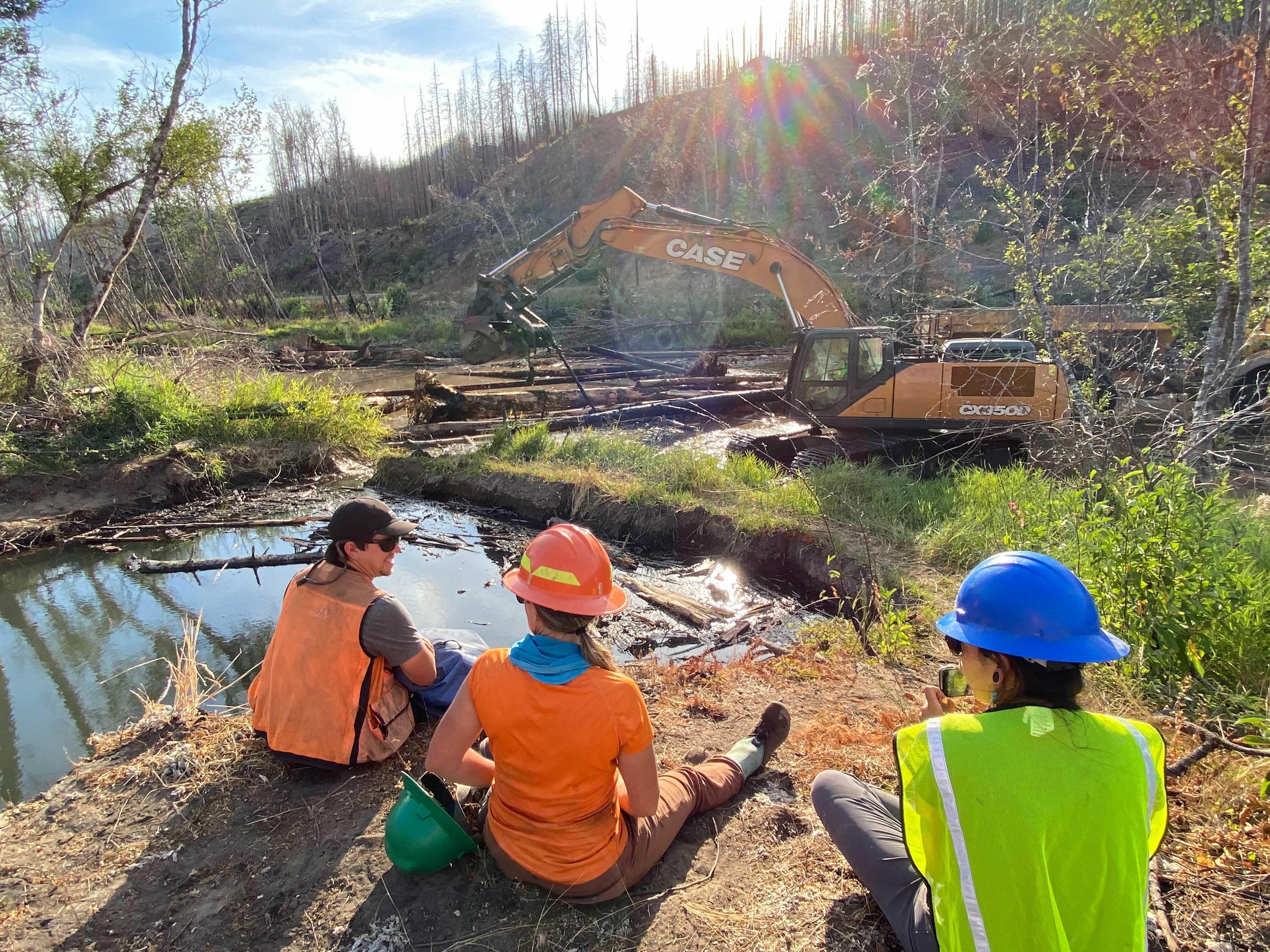
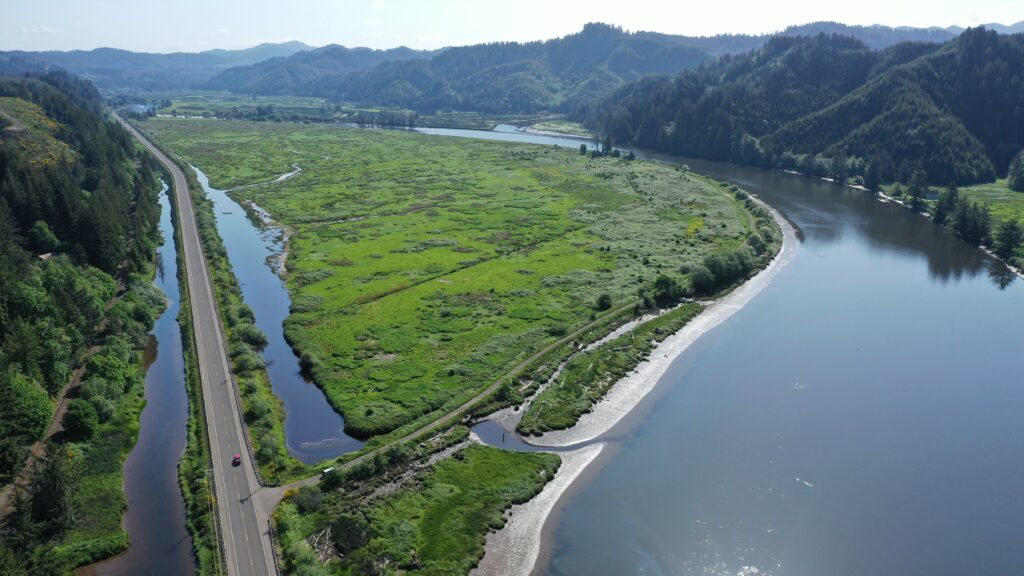
Estuarine wetlands are among the most biologically and economically productive ecosystems. Since the 1850s, approximately 67% of Oregon’s outer coast estuarine habitat has been lost to land development, contributing to drastic declines in salmon and steelhead abundance. That’s why were partnering with landowners, nonprofits, and Tribal governments to restore tidal wetlands across Oregon’s central coast.
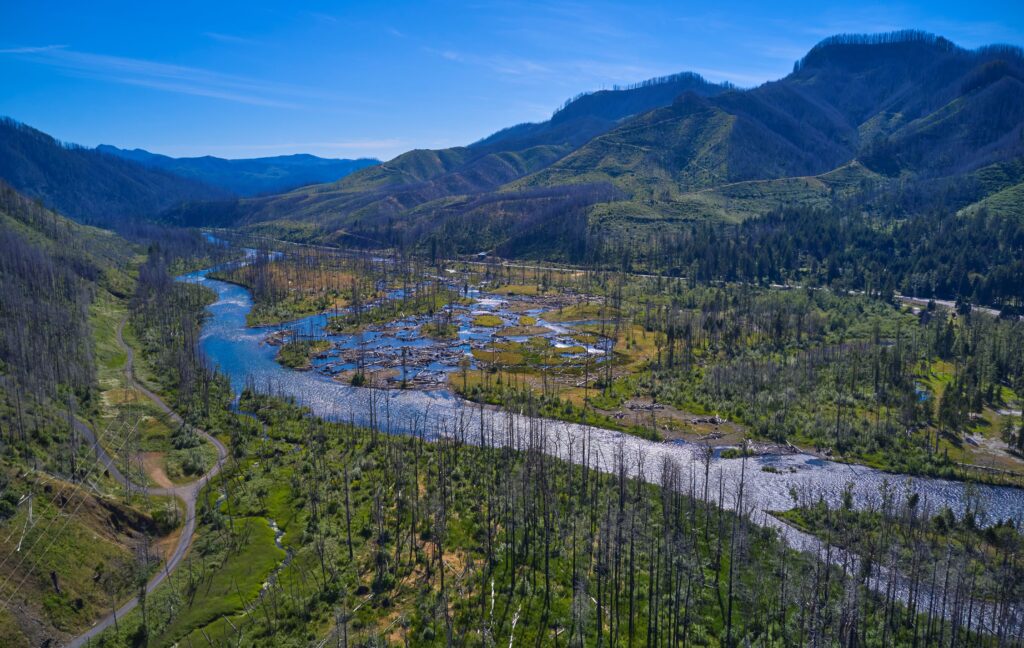
We’re partnering with landowners throughout the McKenzie River watershed to complete large-scale floodplain restoration projects. These projects aim to enhance water quality, support fire resiliency in the landscape, buffer against floods, improve fisheries, and restore natural channels and wetlands in the middle McKenzie valley.
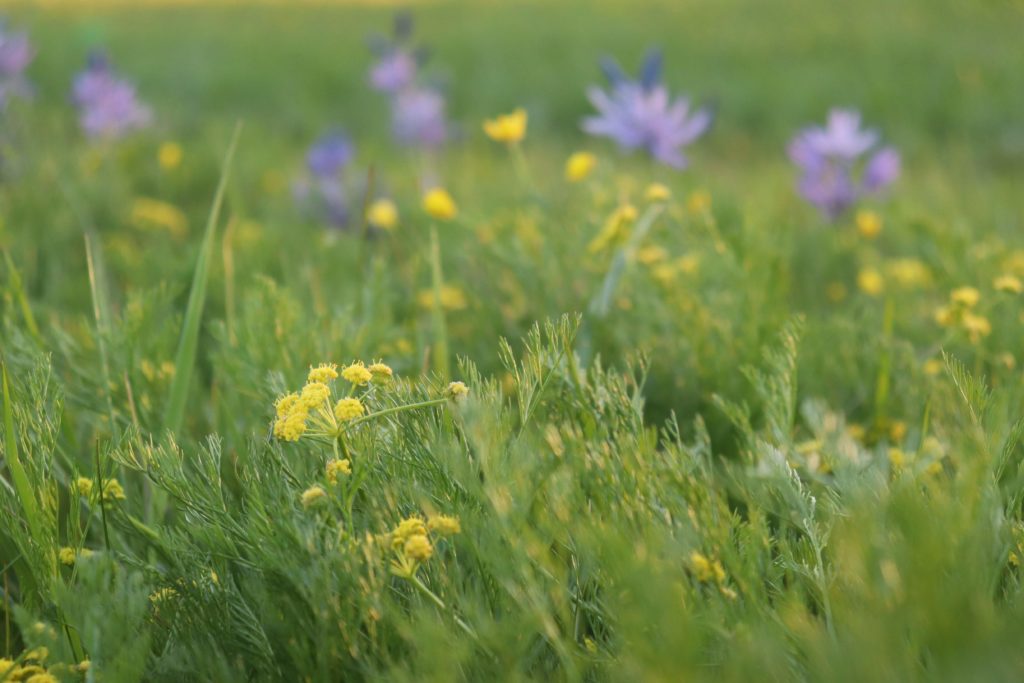
Oak and prairie habitats are some of the most impacted, and quickly disappearing habitat types in the Willamette Valley. Less than 3% of historic habitat remains, leaving little space for the many plants and animals that rely on these areas for survival. That’s why McKenzie River Trust works closely with our partners to protect and enhance these areas through on-the-ground restoration projects.
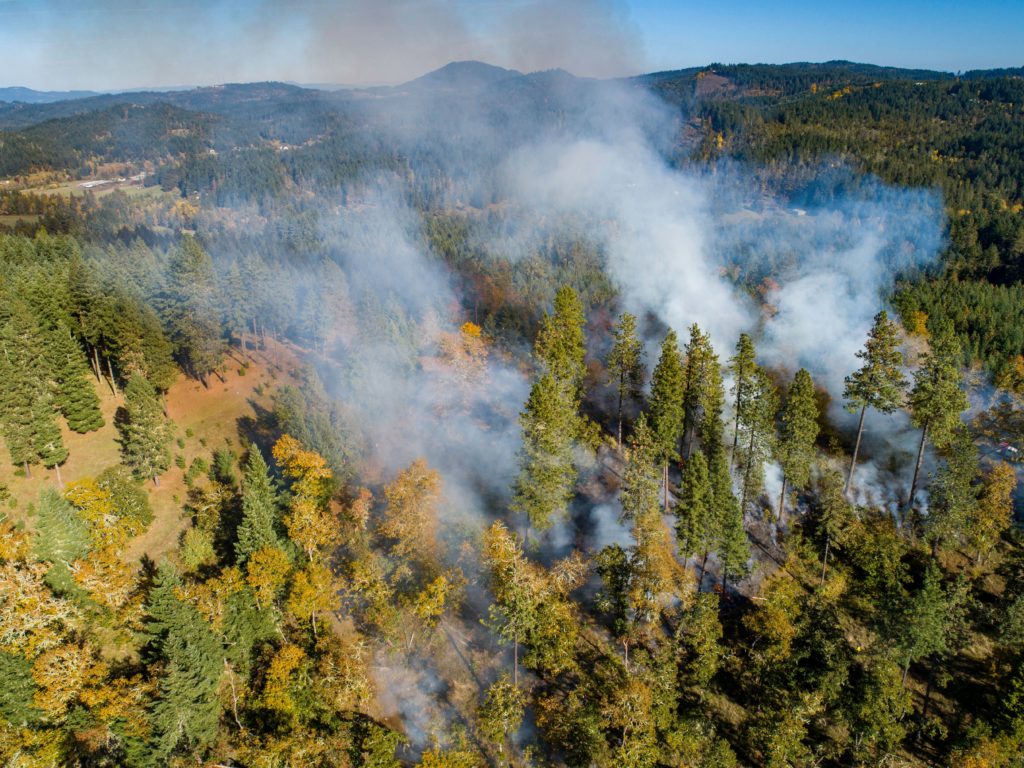
McKenzie River Trust works with a range of partners. From private landowners to watershed councils, local Tribes, and state and federal agencies, we’re all pulling together for Oregon’s lands and rivers. One aspect of this work is supporting Indigenous-led initiatives to return good fire to the landscape. Fire can seem scary, but our region has relied on the traditional burning practices of the Kalapuya People since time immemorial.
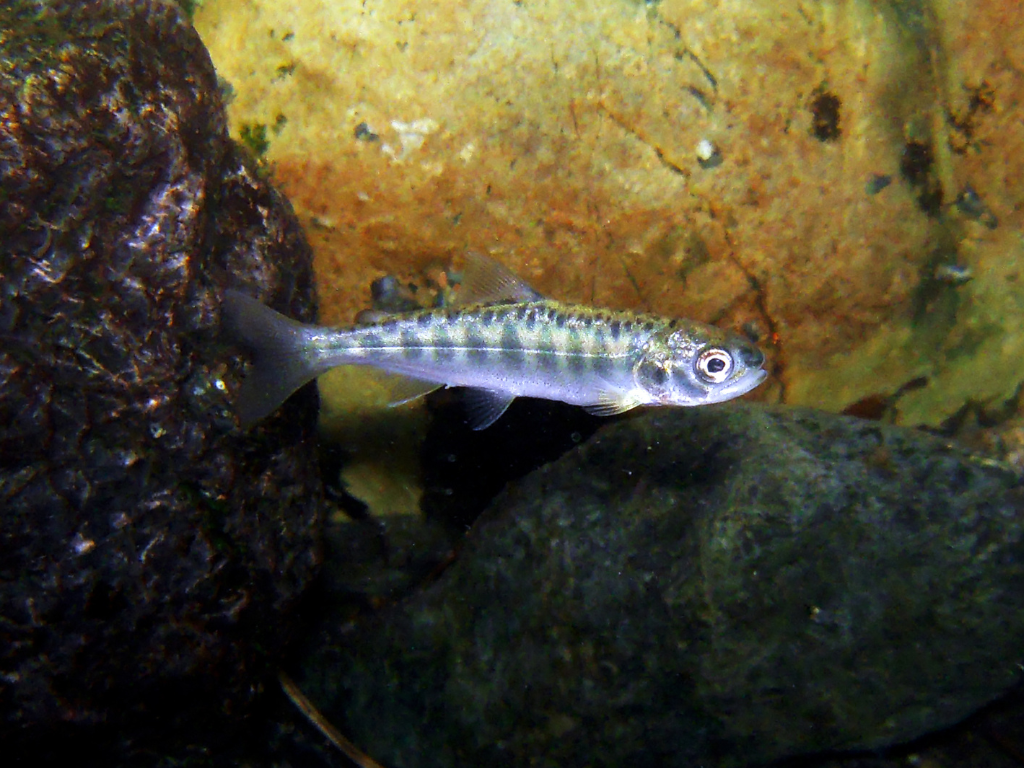
McKenzie River Trust is one of nine members of the Siuslaw Coho Partnership, a collaborative group centered around Coho salmon recovery. Formed in 2018, the partnership includes state, federal, tribal, and non-profit partners who have been working together to bring critical investments and a wide range of expertise to the Siuslaw and Coastal Lakes basin.
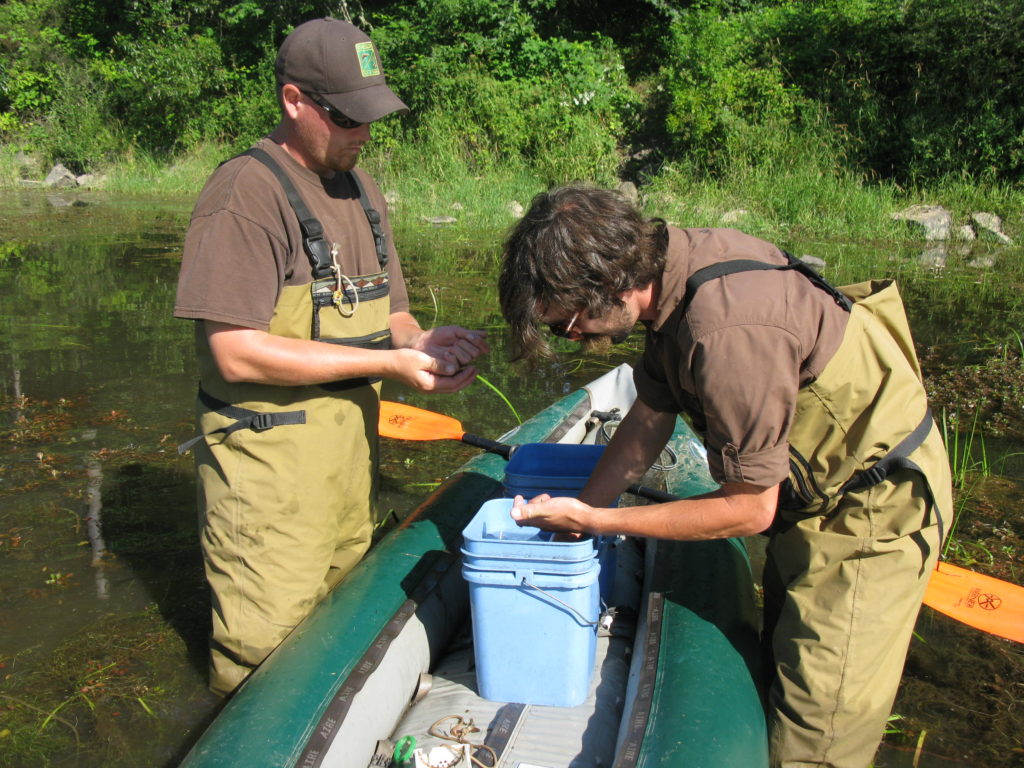
We incorporate the most up to date research from the scientific community to formulate the best planning efforts to move restoration projects forward. MRT is nimble and creative with regard to securing funding for these projects. MRT collaborates with partners to make these projects successful. Partners include local watershed councils, other land trusts, state, local, and federal agencies.

The completion of restoration at Quartz Creek bolsters a growing network of efforts to protect water and wildlife across the McKenzie River watershed.
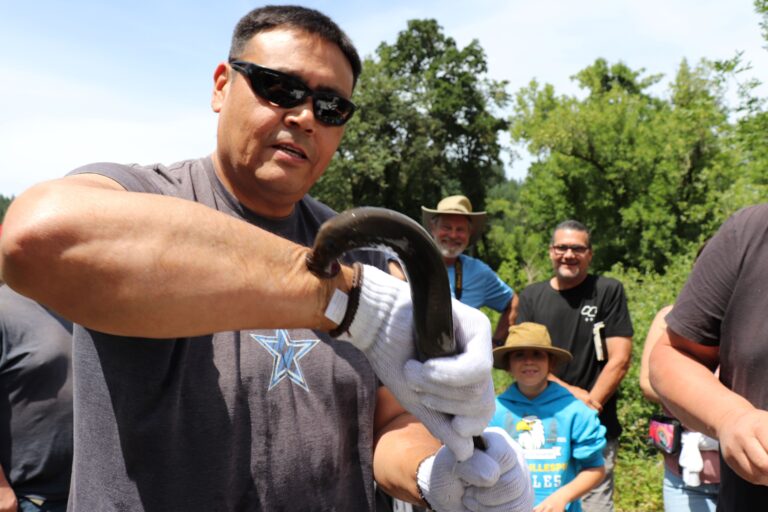
In late June, Pacific Lamprey were released into the upper Long Tom River, marking the first time these ancient fish have swum in this part of the watershed in nearly 100 years. Part of a decades-long restoration initiative, the release was carried out by fisheries staff from the Nez Perce Tribe and the Confederated Tribes of the Umatilla Indian Reservation (CTUIR), who harvested the adult spawning fish at Willamette Falls, collected DNA samples, and then released them into the Long Tom River.
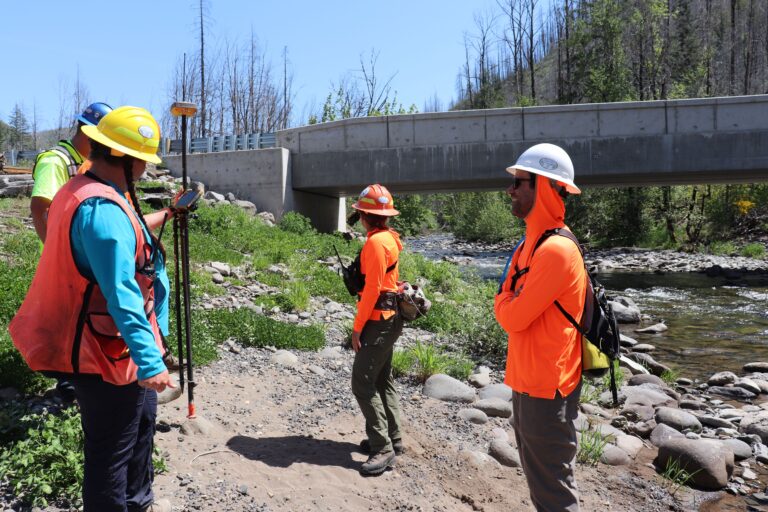
McKenzie River Trust and partners broke ground on a major floodplain restoration project on Quartz Creek this May. The project aims to reconnect the creek with its historic floodplain, benefiting the ecosystem and the plants, animals, and people who rely on it.
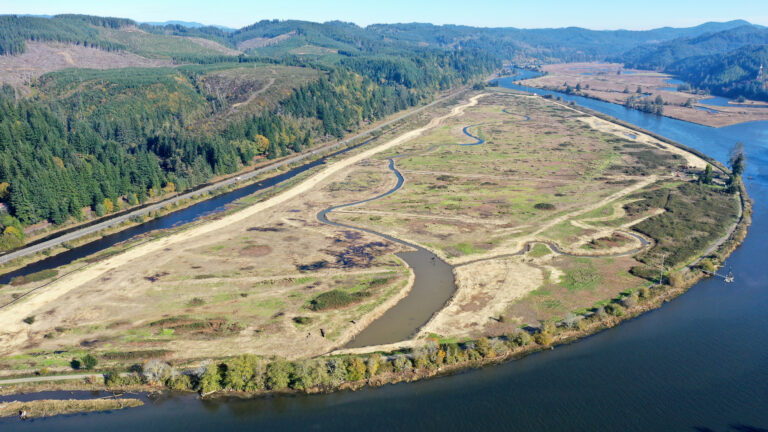
Partners from the Confederated Tribes of Coos, Lower Umpqua and Siuslaw Indians, the Siuslaw Watershed Council, and McKenzie River Trust are preparing for a second season of restoration on the Siuslaw River at Waite Ranch. Beginning in summer 2023, the tidal restoration project is working to return around 200 acres of estuarine wetlands to the Siuslaw River system.
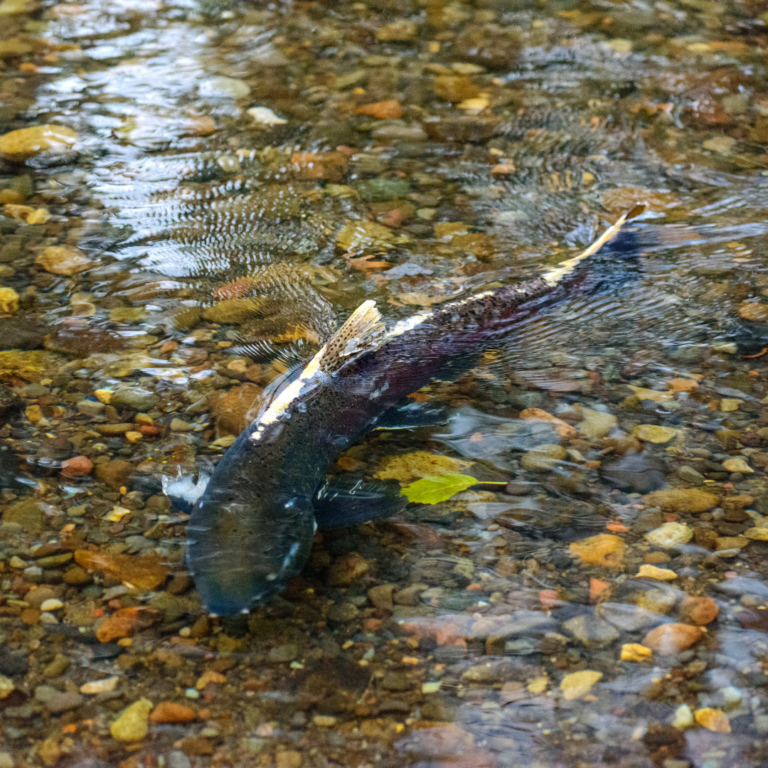
Chinook salmon making their way back up the McKenzie River have found more places to lay their eggs thanks to years of work restoring floodplains throughout the watershed.
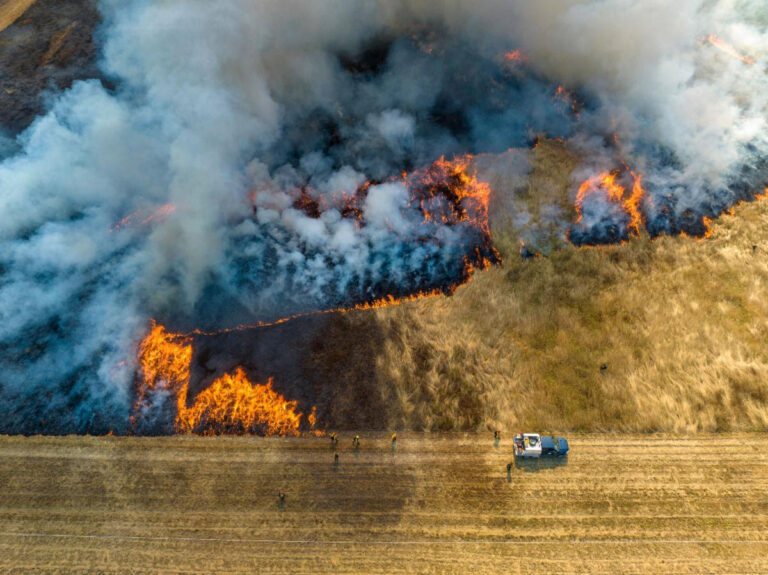
Each fall, partners work together across our region to include controlled ecological burning in areas where habitat restoration has been completed or is underway. Ecological burning in natural areas benefits native prairie, savanna, and oak woodland habitats while also reducing the potential for severe, high-intensity wildfires by removing built up fuels including dense shrubs and thatch.
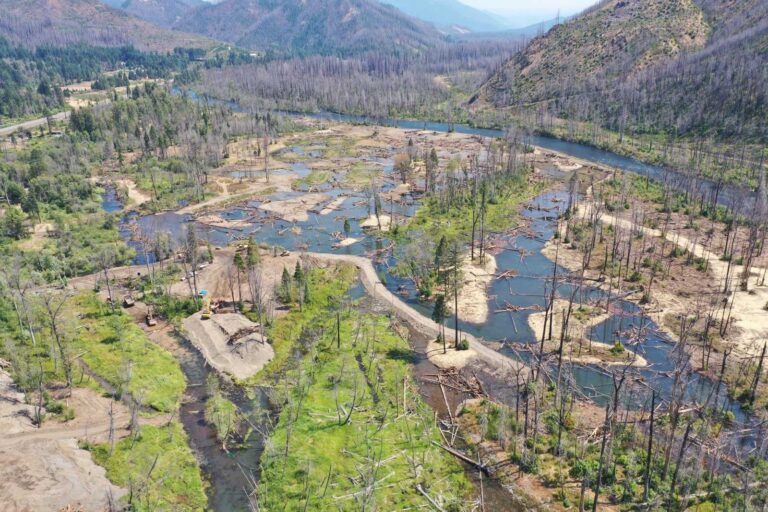
Three years after the Holiday Farm fire burned more than 173,000 acres in the McKenzie River valley, partners are celebrating the completion of floodplain restoration work at Finn Rock Reach. Beginning in the summer of 2021, restoration activities have included reshaping nearly 90 acres of floodplain forest and returning the area back to aquatic habitat along the Middle McKenzie River.
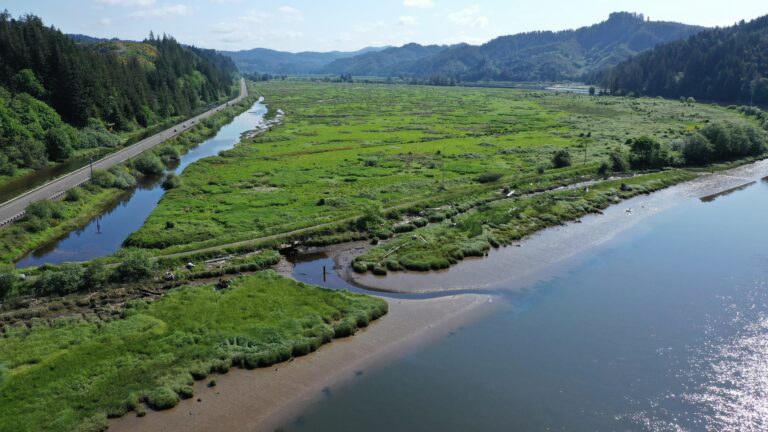
A decade after McKenzie River Trust, purchased 217-acre Waite Ranch in the Siuslaw Estuary, partners are breaking ground on a large-scale restoration project. Led by the Confederated Tribes of Coos, Lower Umpqua, and Siuslaw Indians (CTCLUSI), the project will improve salmon and shorebird habitat, contribute to regional climate resilience, and provide a place for local Tribal citizens and families to celebrate and promote Indigenous culture on their ancestral lands.
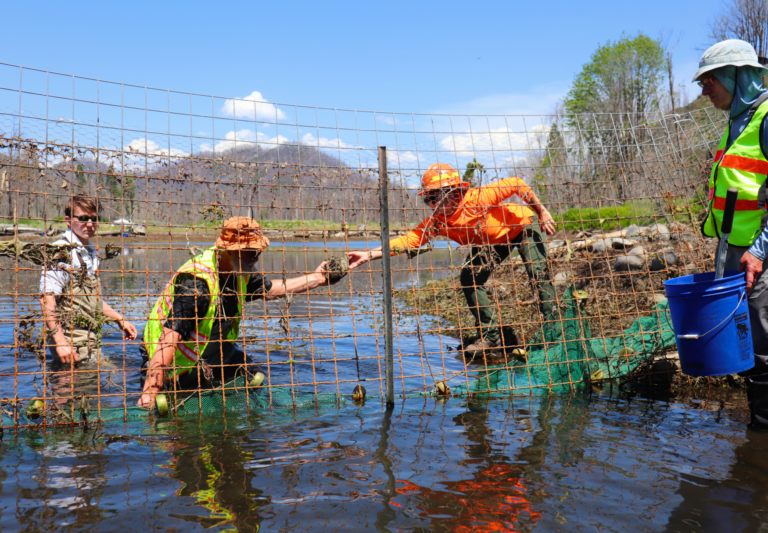
Two and a half years after the Holiday Farm fire burned more than 173,000 acres in the McKenzie River valley, partners are breaking ground on the second and final phase of floodplain restoration work at Finn Rock Reach, a 278-acre conservation area owned by McKenzie River Trust.
Sign up for our monthly newsletter and get the latest conservation news and events.